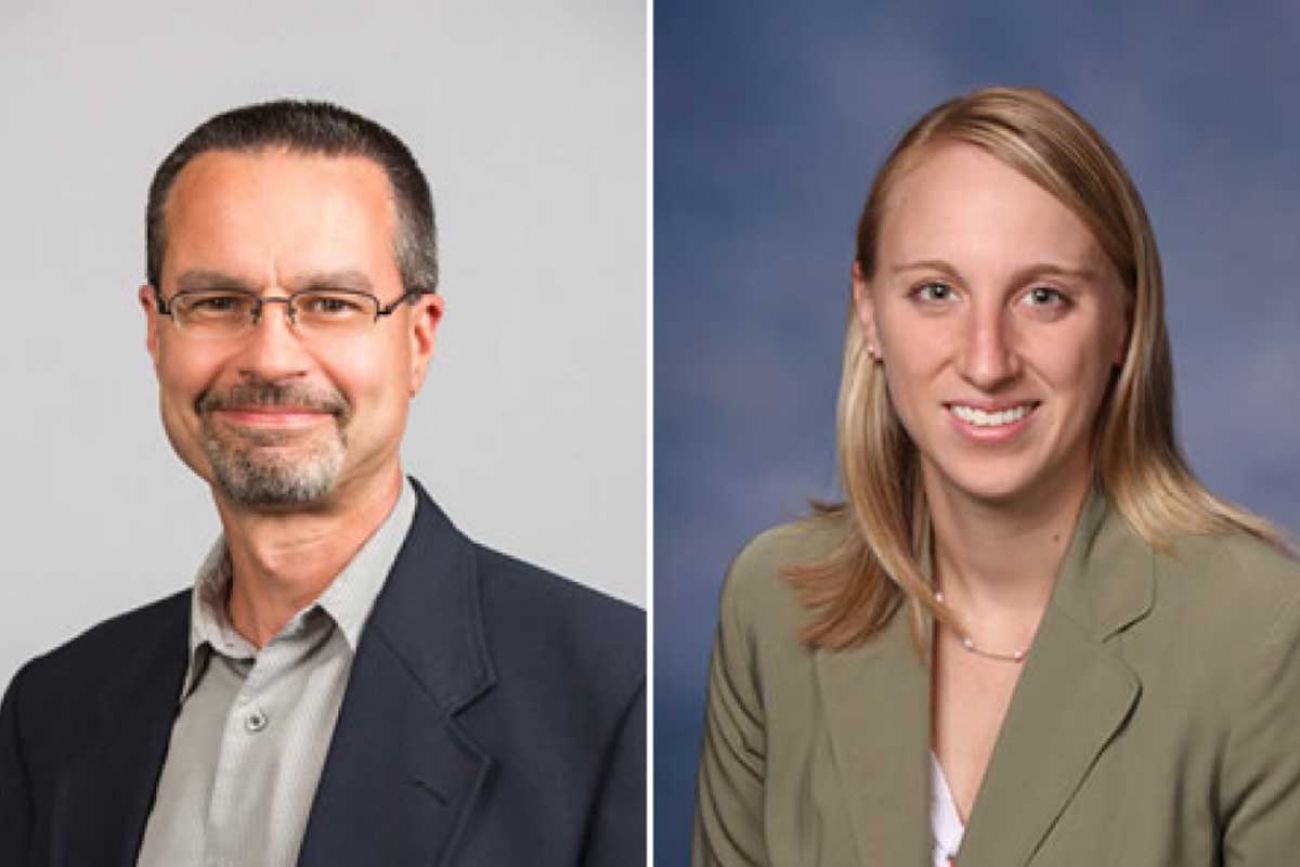Opinion | The new COVID relief bill can be a rebirth for Michigan communities
Wednesday, Congress approved President Joe Biden’s $1.9 trillion economic relief plan, which is intended to stave off the worst effects of the COVID-19 recession and support broad-based economic recovery.
Perhaps it has an opportunity to do even more.

One of its most contested provisions is $350 billion in aid for state and local governments, with many commentators weighing in on the overall price tag, and the need.
This debate over levels of aid, however, belies the more fundamental problem of a lack of cooperation and trust between federal, state and local governments, a particularly acute issue in Michigan.
Across the nation, while Washington has been mired in ideological gridlock and the health of our democracy has been in decline, state and local governments have been forced to take the lead in addressing many of the country’s most pressing issues – the COVID-19 pandemic response and vaccine distribution, Black Lives Matter and police reform, systemic racism and inequality, deteriorating infrastructure, broadband access, fair and accurate elections, worsening natural disasters related to climate change, and much more.
A renaissance in state and especially local policy leadership – even if driven by necessity – does have advantages. Our research contributes to the broader consensus that despite dysfunction and gridlock at the federal level, confidence in the functioning of democracy at the local level remains high. Across the country, nearly three quarters of U.S. adults say they have a "great deal" or a "fair amount" of trust in their local government. If we are going to move past the divisiveness that is rending our democracy, local communities are a great place to start.
However, as the failures around COVID-19 containment and delays in vaccine rollouts have shown, our recent “go it alone” approach to federalism simply does not work. Bidding wars for ventilators and PPE and the logistical nightmares of vaccine distribution are probably not what Justice Brandeis had in mind when he spoke of the “laboratories of democracy.” Instead of pitting governments against each other, we must focus on helping them work in concert.
Unfortunately, Michigan’s local government leaders report strained relations with the state government and express little trust in Lansing or Washington D.C. Compared to their counterparts in other states, Michigan local governments face some of the strictest limitations on their financial autonomy, causing MSU researchers to call Michigan an “incubator of fiscal distress.” Local governments have struggled with state decisions reducing their authority, and despite recent upticks, Michigan’s local revenue sharing system is chronically underfunded, especially when budgets get tight for the state.
As a result, despite the sustained period of national economic growth leading into the pandemic recession, less than half of Michigan municipalities reported in 2019 that they had financially recovered from the Great Recession and many communities in Michigan have been economically left behind. Unless we change our approach to economic recovery, the pandemic recession is only expected to exacerbate existing structural inequality.
With the stimulus package, we now have an opportunity to strengthen our democracy’s foundation at its grassroots, where evidence shows it still has relative strength and vibrancy today. But we must avoid the zero-sum politics and “go it alone” federalism that would make state and local governments a drag on our recovery, as they were after the Great Recession.
Instead, we should view this stimulus as a driver of economic growth, a reinvestment in more cooperative federalism, and an opportunity to strengthen our democracy by building on the foundation of trust that already exists in local communities.
We made these recommendations for the new administration, among others, in a Policy Memo which you can see here.
See what new members are saying about why they donated to Bridge Michigan:
- “In order for this information to be accurate and unbiased it must be underwritten by its readers, not by special interests.” - Larry S.
- “Not many other media sources report on the topics Bridge does.” - Susan B.
- “Your journalism is outstanding and rare these days.” - Mark S.
If you want to ensure the future of nonpartisan, nonprofit Michigan journalism, please become a member today. You, too, will be asked why you donated and maybe we'll feature your quote next time!




